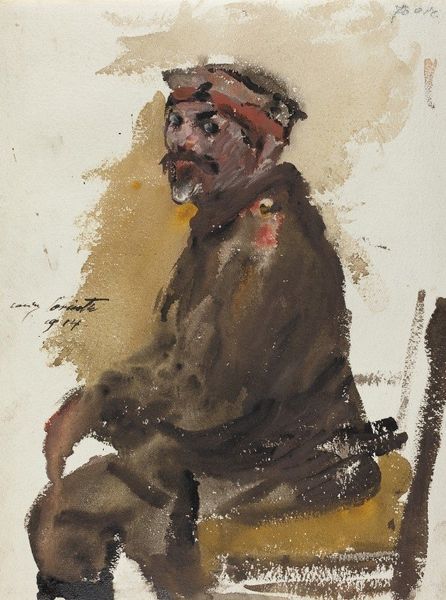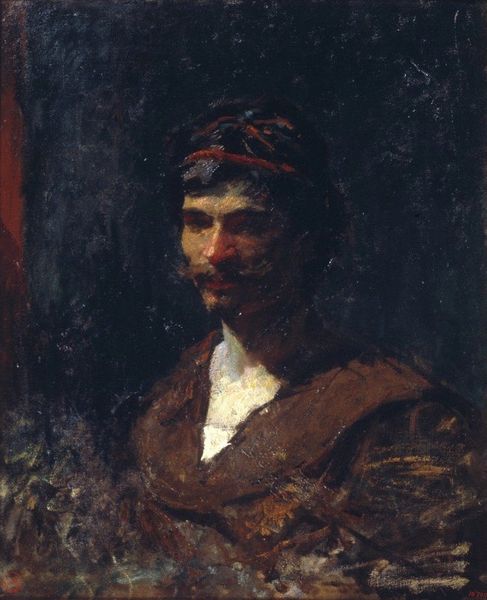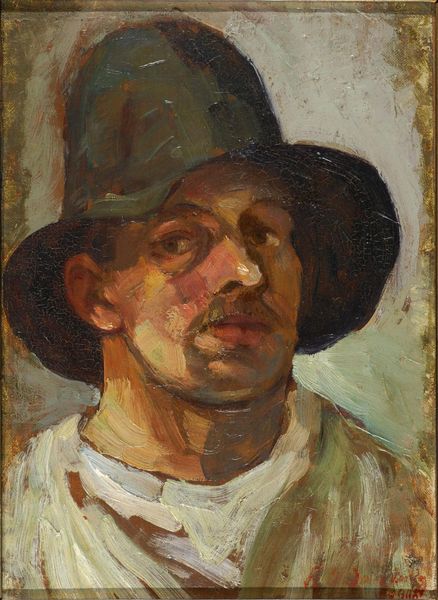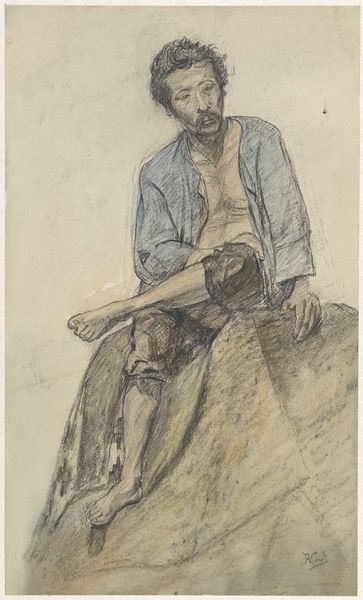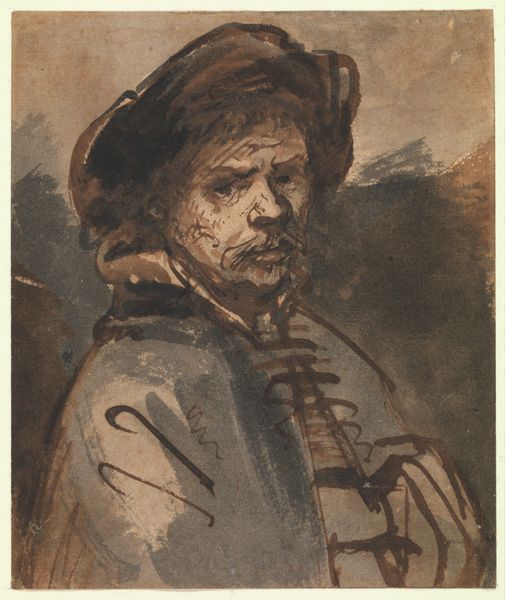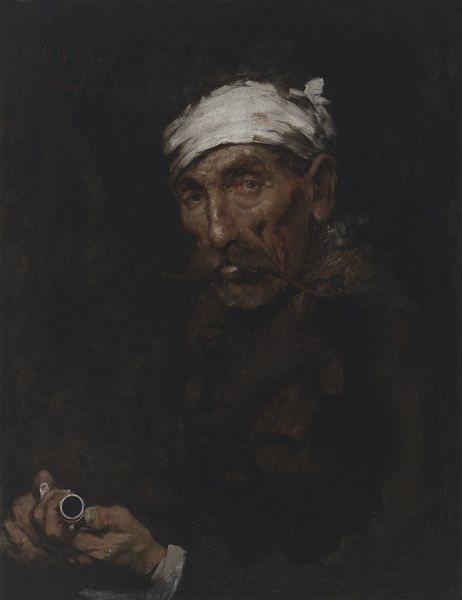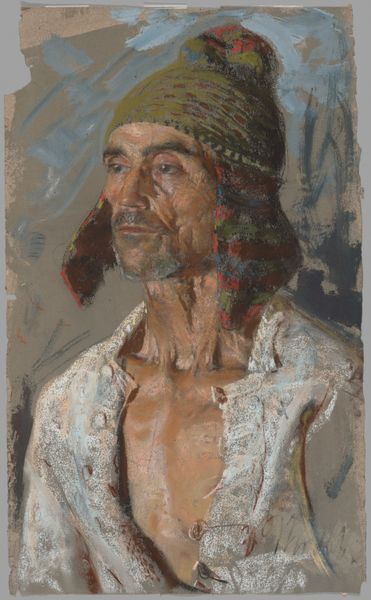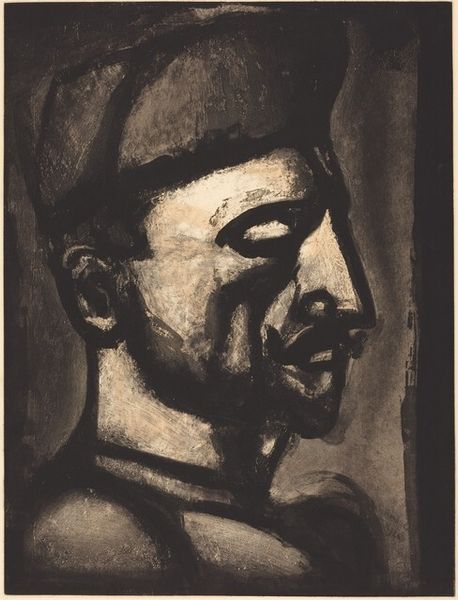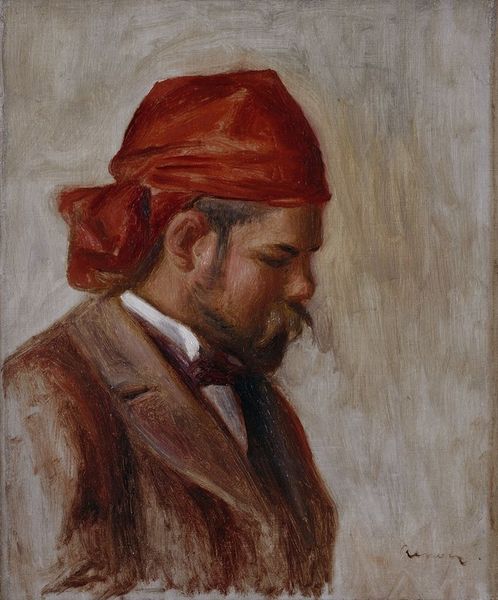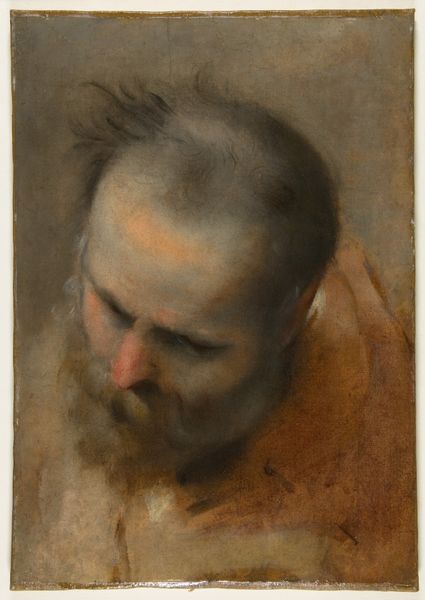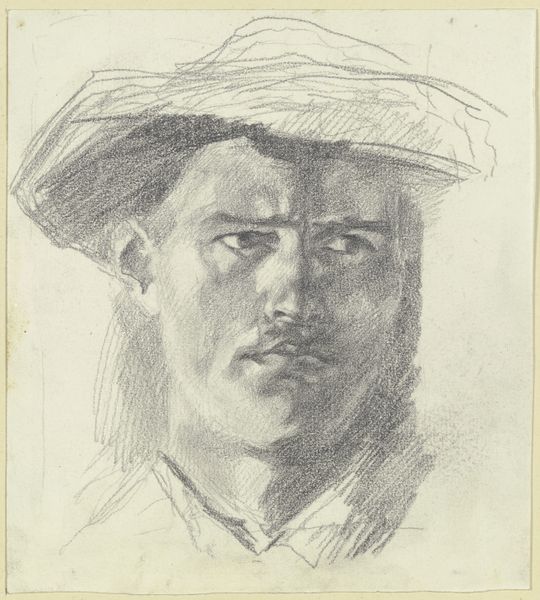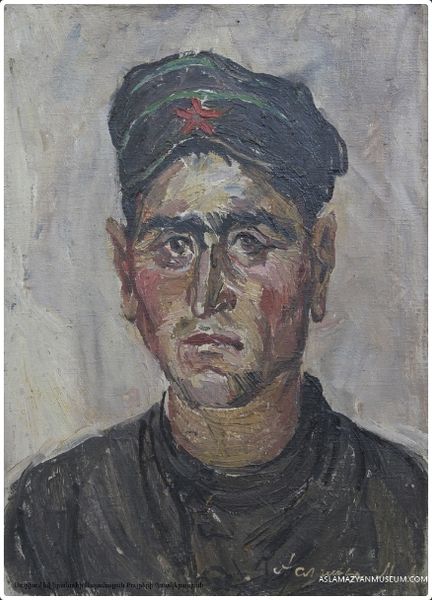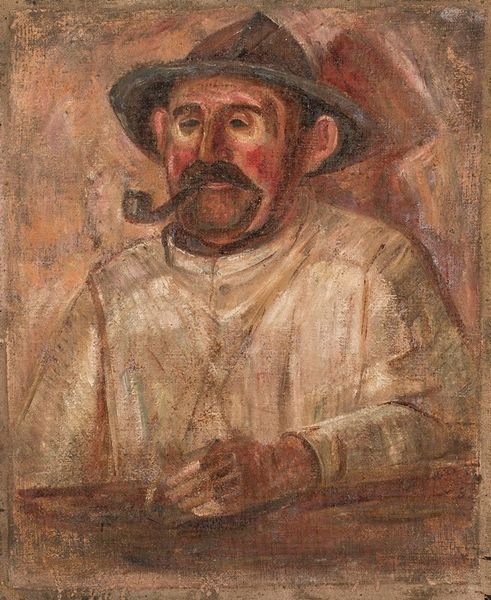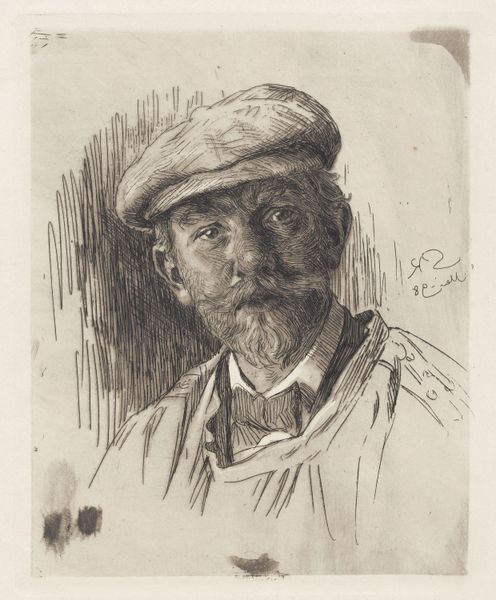
watercolor
#
portrait
#
self-portrait
#
impressionism
#
watercolor
#
portrait drawing
#
modernism
Dimensions: height 299 mm, width 227 mm
Copyright: Rijks Museum: Open Domain
Editor: So, here we have Floris Arntzenius' self-portrait, made with watercolors sometime between 1884 and 1895. The way the watercolor bleeds into the paper gives it such a transient quality, like a fleeting glimpse of the artist. What do you see in this piece? Curator: Well, immediately I'm drawn to the artist's tools—the watercolors themselves and the paper. Watercolor as a medium was becoming more accessible during this period due to industrial advancements in pigment production and paper manufacturing. Who had access to it, and what class values does the artist explore? Notice, too, the very visible brushstrokes. Are they trying to subvert the hierarchy of art versus craft through the use of 'lesser' material and expose the labor inherent in the creative process? Editor: That's fascinating. I hadn't considered the social context of the materials themselves. It makes you wonder about Arntzenius’ intended audience and message. Do you think the cigarette plays into this reading, too? Curator: Absolutely. The cigarette points towards leisure and perhaps a rejection of traditional, often romanticised portrayals of the working class. By incorporating everyday activities like smoking, Arntzenius blurs the boundaries between high art and the common experience, suggesting the value inherent in everyday life. Editor: I see! It’s about who has access to create and consume art, and whose labor is visible, or not. Curator: Precisely. Considering the production and context shifts how we understand even a seemingly straightforward self-portrait. Editor: That’s a great point. I’ll definitely look at art with new eyes now, considering not just the subject but the materials themselves. Thanks!
Comments
No comments
Be the first to comment and join the conversation on the ultimate creative platform.
